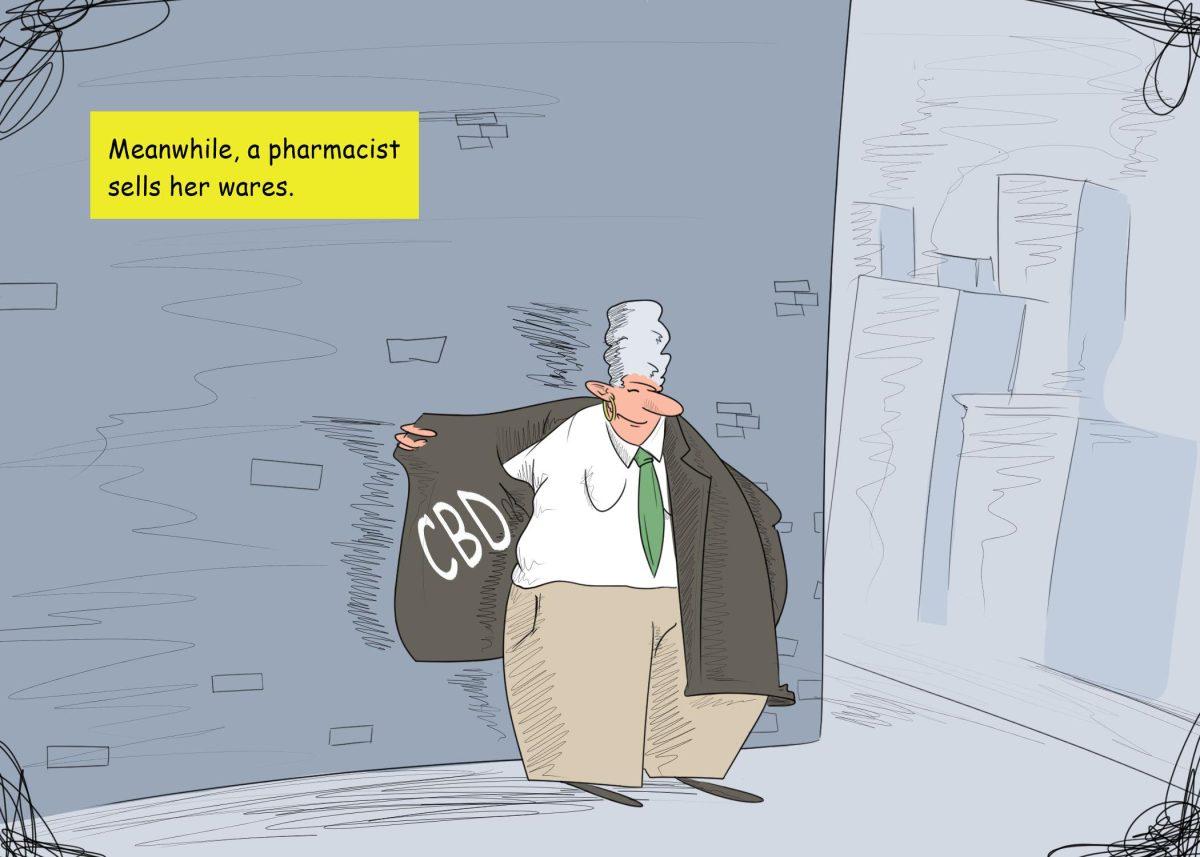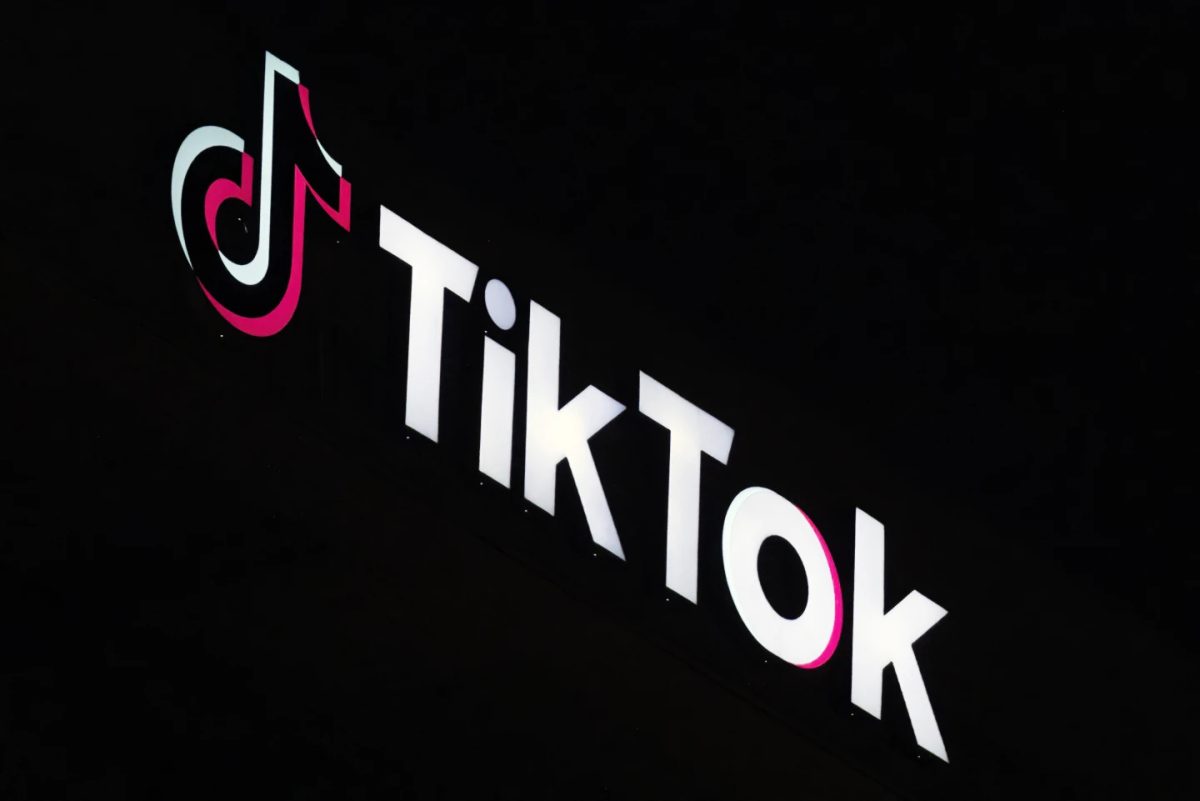If you haven’t yet heard the acronym “CBD” at least once this year, then you’ve probably been living underneath a rock. If you’ve heard of it but you don’t actually understand what it is, then you’re probably one of Louisiana’s legislators.
CBD has been taking America by storm as marijuana use and distribution becomes more and more legalized in the U.S. This so-called “miracle drug” has not only been helping a very wide demographic, but also state economies.
Let it be a testament that Kim Kardashian even had a CBD-themed baby shower in April of this year, so that means its notoriety in today’s society, and trendy wellness fads, is undeniable.
So, what even is CBD? Short for Cannabidiol, CBD is the second most prevalent extract from cannabis. However, it is the non-psychoactive ingredient in marijuana, meaning that it offers no mind or body altering “high.” Instead, CBD is known for only the calming and soothing effects you would get from traditional weed.
Since it’s still early in development and research, CBD has only been prescribed formally to alleviate symptoms in cases of epilepsy, rare neurological disorders and cancer. However, millions of individuals taking CBD recreationally have praised it for subduing anxiety, depression, troubles with cognition and even physical pain.
Obviously, there will always be a stigma around anything that involves cannabis, especially in a southern state like Louisiana. While Louisiana no longer leads the nation with the highest incarceration rates, it still holds second place with a staggering number of people imprisoned due to drug possession offenses.
Although imprisonment over marijuana has dwindled in the past couple of years, fines for having the plant can go into the thousands. And although medical marijuana in the form of pills, oils, sprays and topicals have technically been passed in Louisiana, the chance for a patient to actually get their hands on it anytime soon is slim to none.
These stipulations carry over to the discussion of CBD within the state.
Effective earlier this June, Louisiana legislators passed a bill to allow the legal sale of CBD. Before this step, CBD and hemp retailers in Louisiana were in a legal gray area due to the lack of regulation between the state and the preexisting statutes of the federal government.
Now that Louisiana has set its ruling, the sale and distribution of CBD in the state may have just gotten reduced more than anything. While retailers could previously sell without regulatory oversight, they must now succumb to harsher rules and regulations that could potentially destroy the vast market.
In addition to the required annual license that few wholesalers and retailers have acquired so far, their products must also have disclaimers that they have not been approved by the FDA. In addition, every product being sold must have a lab analysis performed beforehand to ensure THC levels, or the psychoactive ingredient in marijuana, are equivalent or below 0.3%.
The biggest hit, however, comes from the legislation banning the sale of CBD in the form of inhalants and food products, both known as the most popular forms of receiving CBD amongst consumers. The popularity of these products simply stems from their ability to mask the taste of raw CBD oil. Some sellers have even gone as far to say that they’ve already seen the effects as they’ve removed these products from their shelves.
This begs the question: Why put such strict regulations that only hurt your own economy overall? If all evidence points to a successful product that has once been put out before and received no complaints or threatening issues, why stifle your own opportunity here?
A piece of me is saying that this is only the beginning, and eventually, our laws will loosen up as time moves on. But why make baby steps right now when the rest of the nation is running the mile and proving that business in hemp-derived products boosts economies substantially?
Louisiana needs to pick up the pace if they want to keep up.
Gabrielle Martinez is an 18-year-old mass communication freshman from Gonzales, Louisiana.








